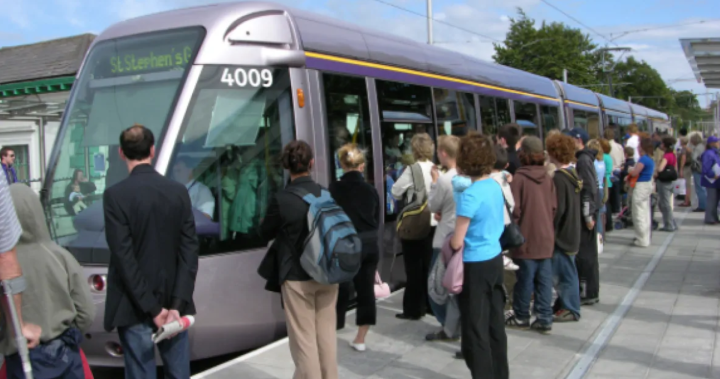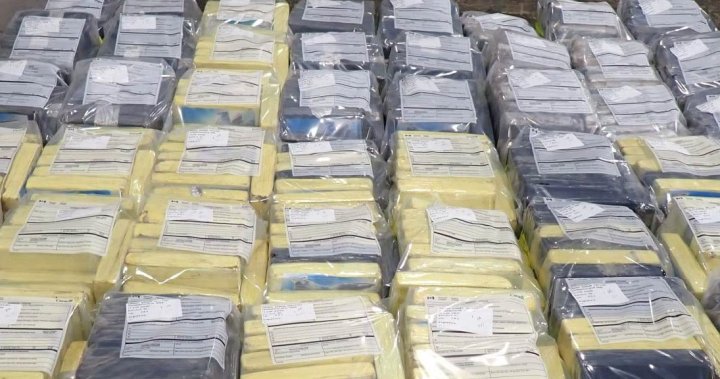The operation of Hamilton’s forthcoming LRT line appears to be a step closer to being dropped into the hands of a third party after councillors backed a staff recommendation suggesting the move would reduce the city’s liability.
In 9-6 vote, the general issues committee opted to go for a proposed framework that would have a contractor launch the system and handle most operations for the first decade, giving the city an option to take it over afterwards.
The director of the LRT project office, Abdul Shaikh, told councillors only customer service and fare enforcement would be in the city’s purview at launch, allowing the province to take on riskier operations, like training staff, driving train cars and conducting maintenance.
“Another important benefit is minimizing risk with transitioning from design and construction to operation and maintenance,” Shaik told councillors.
“A third party will continue to be responsible for this function through all stages of the project, resulting in fewer finger-pointing.”
The approval comes with a councillor-backed amendment from Mayor Andrea Horwath that firmed up Hamilton Street Railway’s (HSR) takeover in year 10 preceded by a transition period after the first five years of operation.
“I really do think that the important thing is to stay firmly where we’re headed in a way that makes us ready and able to do the transition into the city of Hamilton operating the LRT,” she told councillors.
Breaking news from Canada and around the world
sent to your email, as it happens.
Despite going with the light rail transit subcommittee’s recommendation, the city may not get what it wants since most elements of the Hamilton LRT deal fall under the control of Metrolinx.
Discussions began in July 2023 on what role Hamilton “would like to play” in the operation of the 17-stop line in keeping with a memorandum of understanding between the city, Metrolinx and the Ministry of Transportation.
Shaikh said the process was “aggressive” and “purely based” on a qualitative assessment, which included an independent peer review.
In September 2023, the subcommittee presented the second of three reports for councillors outlining four potential operation models, which included complete city control or full privatization of day-to-day operations.
Two other plans split the operation of the line between city staff and a third party.
A fifth model presented, which was dropped, sought to take on not only operation but also maintenance of the line.
However, Shaikh said Metrolinx had already told him they would likely option that out to a third party.
The choice is a similar ideology to Waterloo’s ION network, launched in 2019 with a third-party international transportation operator.
Under the terms of that deal, transit consortium Grandlinq will handle maintenance for 30 years and operations until 2029, when Waterloo Region will have to choose between taking over and renewing for another five-year term.
Mike Murray, a former Region of Waterloo chief administrative officer who oversaw the region’s 19-kilometre ION system, recommended councillors get “a really well drafted and detailed contract” with the third party to avoid disruptions.
“It’s sort of this idea of stick and carrot, ‘good fences make good neighbours,’” Murray suggested.
“You have to have a good contract, but then you have to develop a good, practical working relationship with the contractor.”
Before the vote, city politicians heard from close to two dozen delegates, with a majority prodding the city to ask the province to give operational control to the HSR exclusively.
Amalgamated Transit Union (ATU) Local 107 boss Eric Tuck suggested a legal challenge if a private operator is favoured.
Tuck insists four clauses in their collective agreement, including a provision for handling any new B-Line service, would violate that accord and that would be something they can go to court over.
He argues the union has succession rights over the future transit line, but admitted that view hasn’t been legally tested.
“It was debated, but it was never legally challenged in the case of Toronto for their LRT line. Although they raised the challenge, they did not take it to court,” Tuck explained.
“I can assure you that our local will take a different position on that.”
The LRT subcommittee recommendation still requires council ratification, which is expected during the April 24 meeting.
© 2024 Global News, a division of Corus Entertainment Inc.




